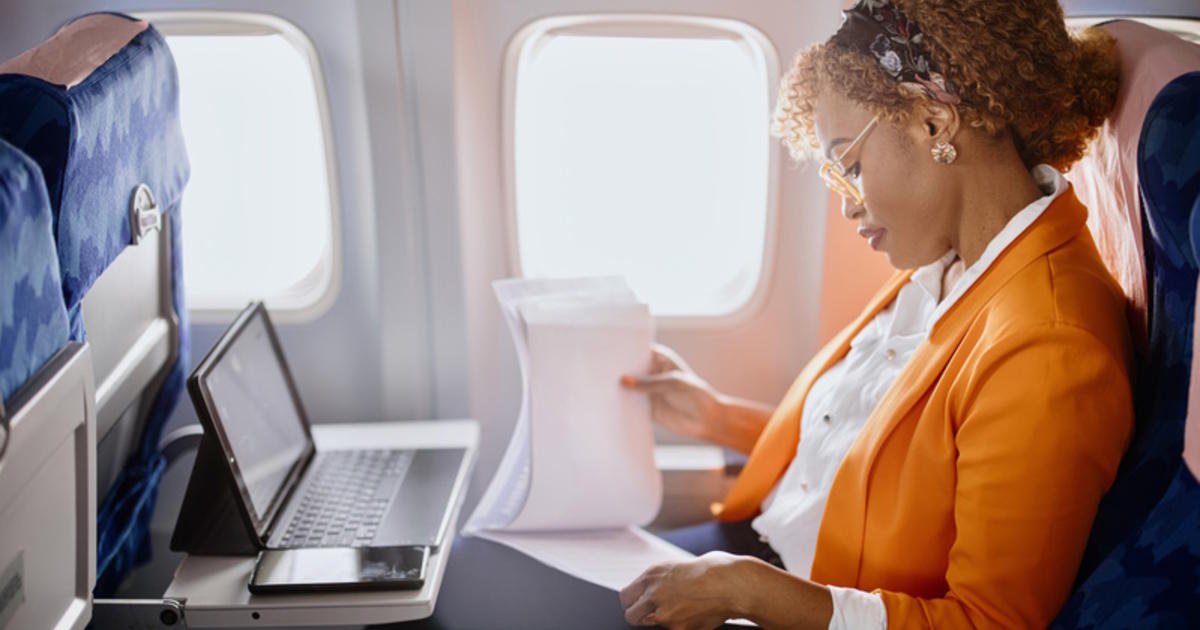Travel
New research shows how business travel affects mental health

A new Opinium survey of 500 UK business travellers has found that nearly two-thirds (66%) believe in-person meetings are critical for building positive, long-term relationships and almost half (47%) say the opportunity for business travel makes them more likely to stay at an organisation. However, nearly half (46%) say that frequent travel adds to their stress and burnout and gets worse for those who travel at least once every two months (53%).
The survey finds that a fifth (21%) have felt stressed, 20% exhausted, 19% have been homesick, 18% anxious and 13% lonely. Younger travellers (18–34) are notably more likely to feel lonely (21%).
When it comes to supporting business travellers, two fifths (40%) say their organisation does not take their wellbeing seriously when travelling for business, and almost half (45%) would like their employer to check in on them more when they are travelling. However, the majority (61%) say their organisation would be supportive if they were struggling with their mental health on a business trip.
Dr Neil Slabbert, Regional Chief Medical Officer (Asia-Pacific) at World Travel Protection, commented: “While business travel is generally an enjoyable and rewarding part of work life, this survey reveals that some travellers face challenges when away from home, and more could be done to support them. Disruptions to routines, physical distance from support systems like family and friends, as well as jet lag and time zone differences can worsen stress and anxiety. Organisations need to factor in both physical safety and mental health when considering the support they provide to travelling employees.”
Earlier this year, Suzanne Sangiovese, Director of Travel and Technology at Riskline, took a close look at how AI and travel risk intelligence are shaping the future of business travel.


)






